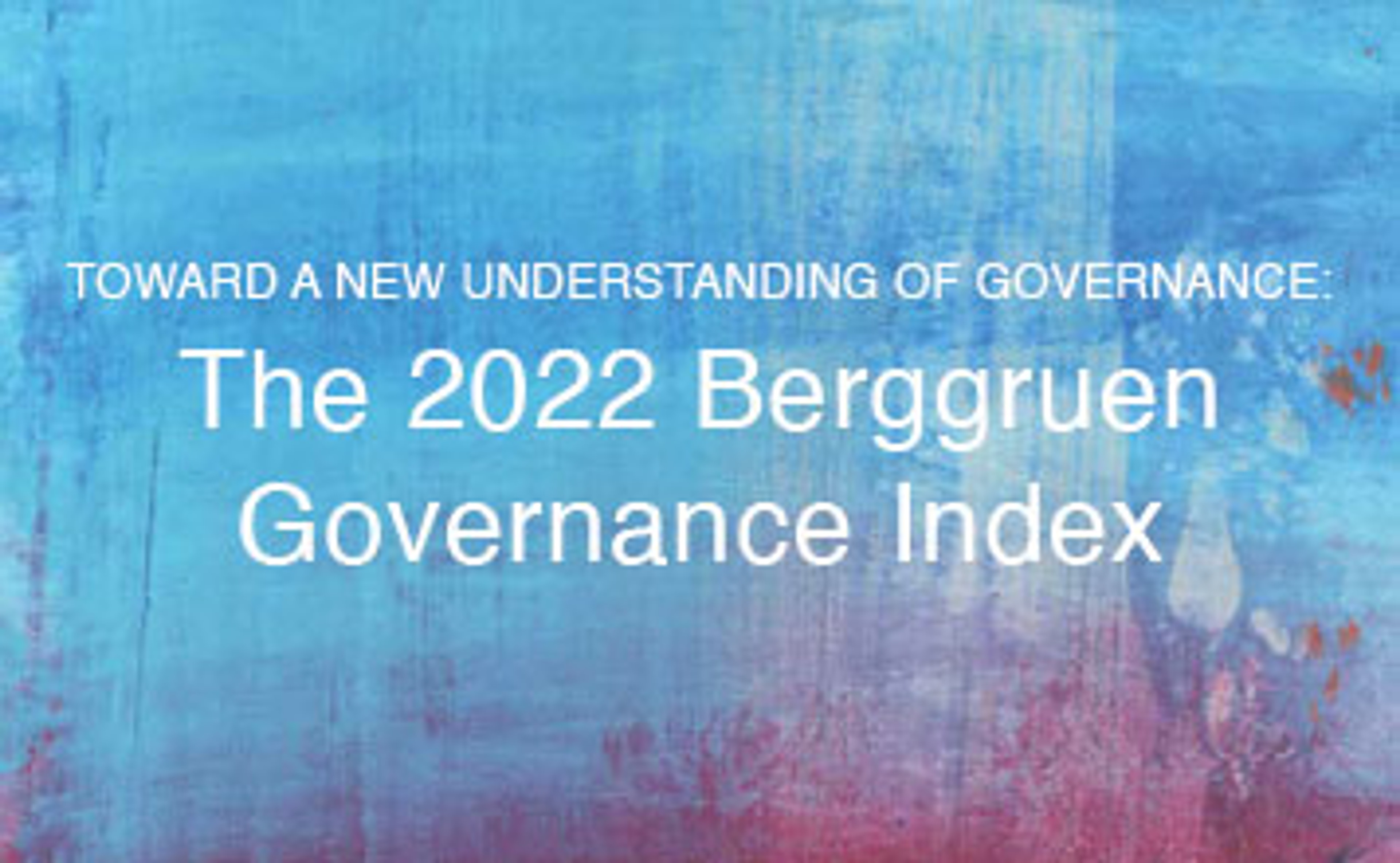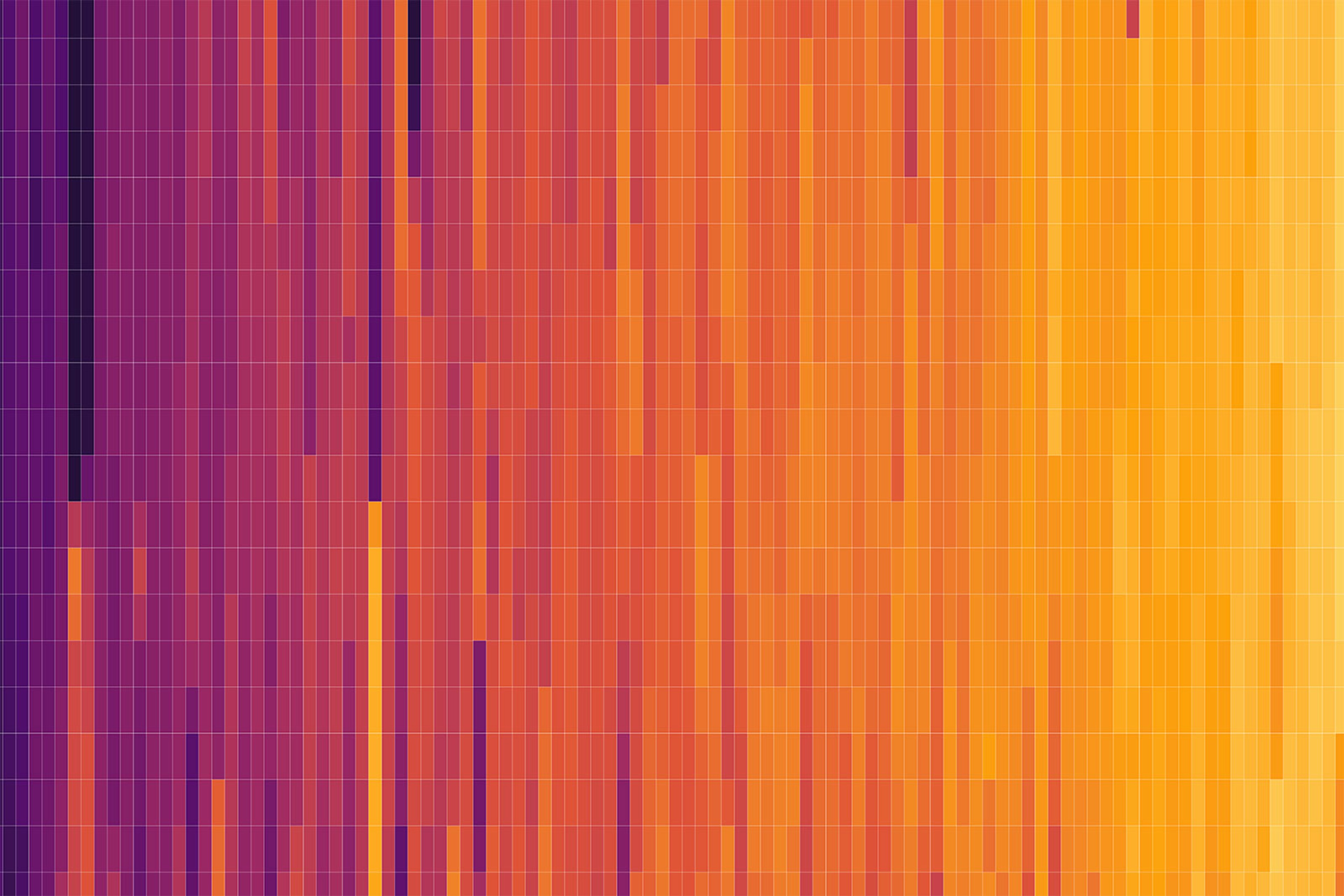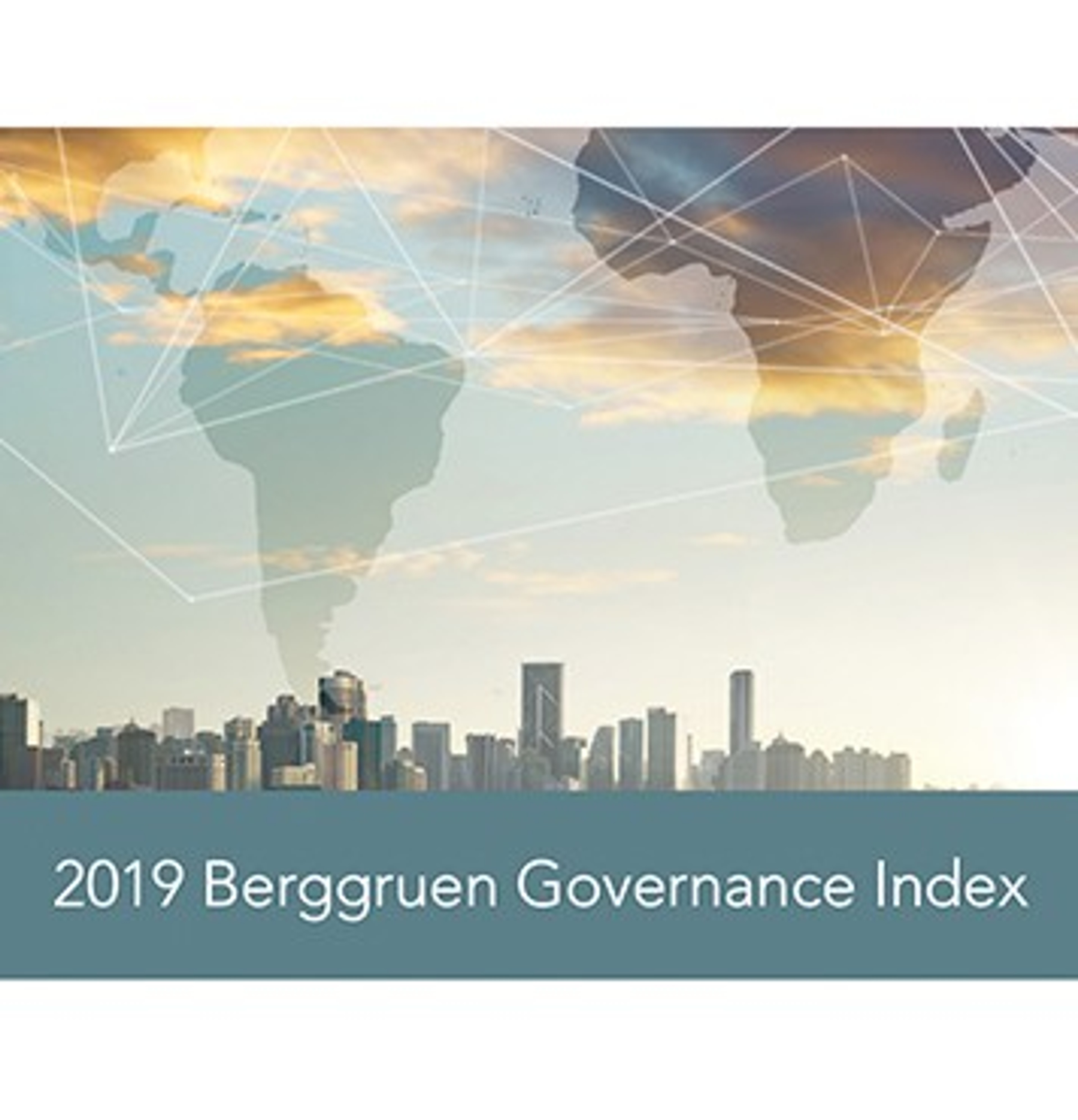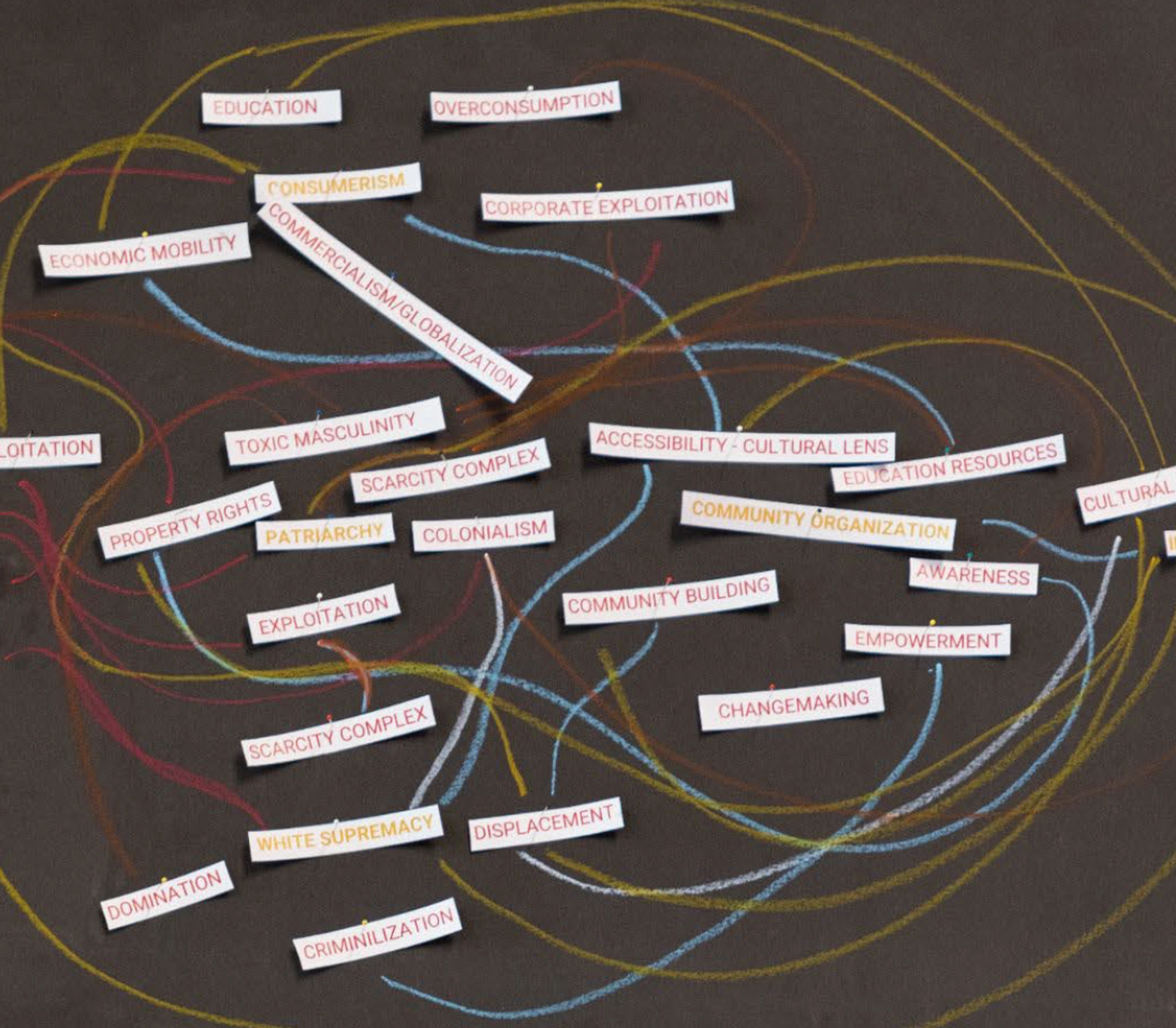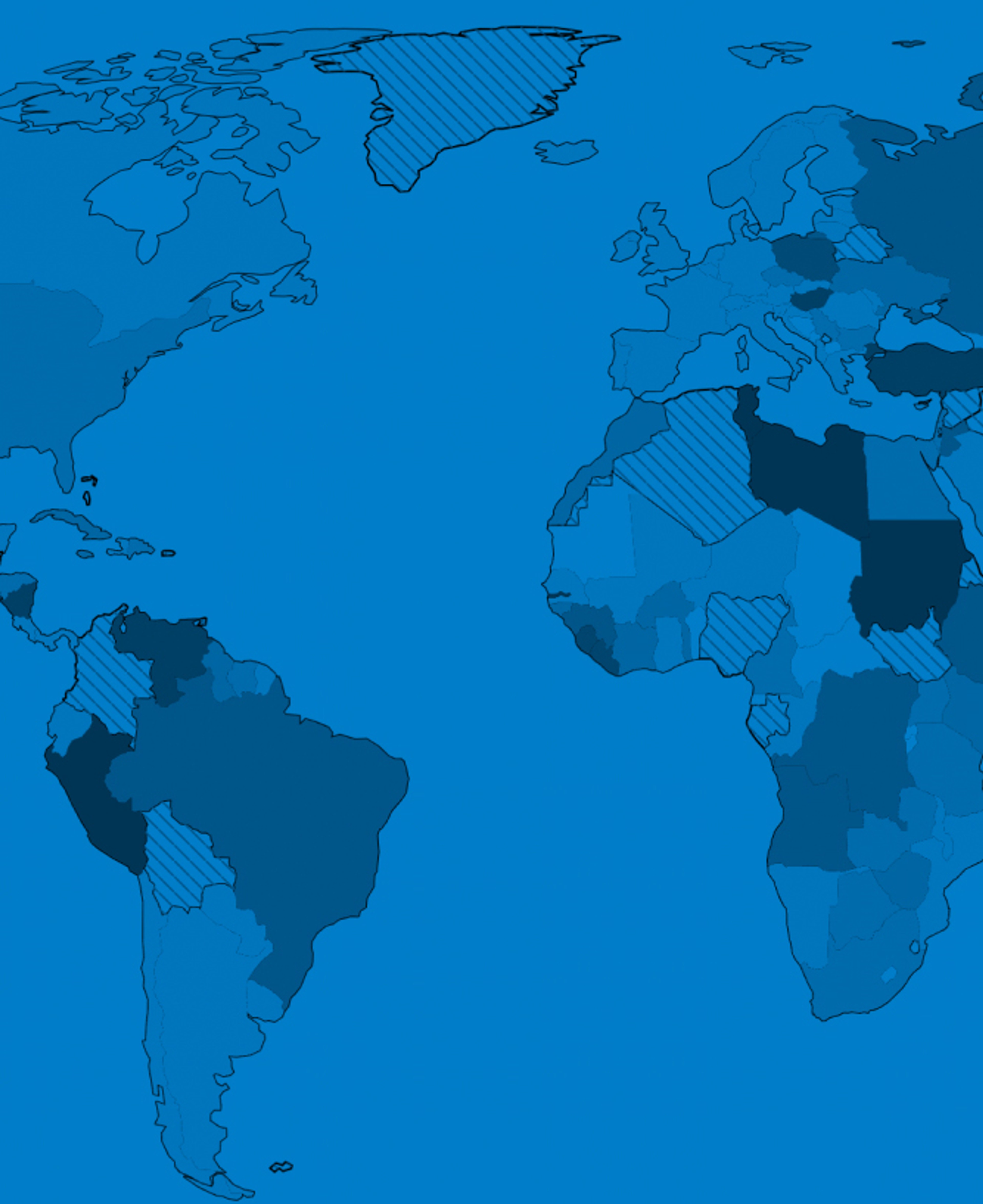The 2019 Berggruen Governance Index
- Team members:
- Dawn Nakagawa,
- Helmut K. Anheier
Click here for the 2019 Berggruen Governance Index interactive site which will allow you to explore and compare the 38 countries using visual data.
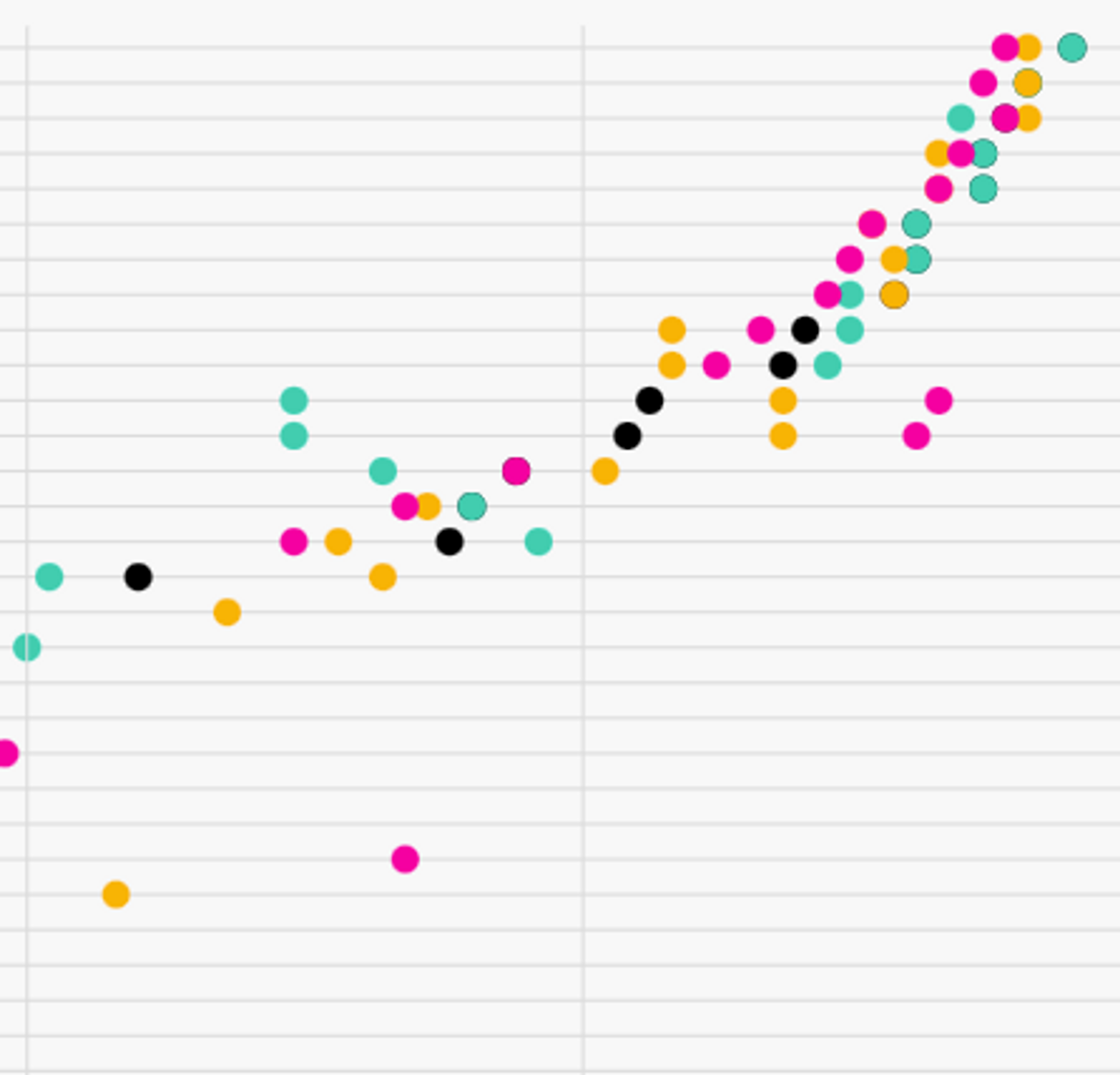
The 2019 Berggruen Governance Index evaluates countries on the basis of their quality of political governance. To do this, the Index disaggregates governance into three key components: Quality of Democracy (Inputs), Quality of Government (Throughputs), and Quality of Life (Outputs). Through this lens, the Index deepens understanding of the relationship between the democratic feedback, government competence, and the provision of public goods.
The Index evaluates 38 countries, using the three indices composed of 27 sub-indices measured across a 14-year time span between 2004 and 2018. The selected countries represent about 2/3 of global GDP and 3/4 of the global population.
The top performers are the usual suspects. Western and Northern Europe, Canada and the US, and Australia all fare quite well. The most interesting insights do not come from looking at the overall rankings, but from evaluating the relative position of any given country across the three indices. For example, some countries rank higher on Quality of Life than they do on Quality of Democracy. The explanation for why a country is able to produce better than expected outputs (Q of L), despite meager inputs (Q of D), likely lies in a strong competence among the sub-indices that make up the Quality of Governance. For countries, the Index offers a flexible tool to identify real or potential strengths and weaknesses, and serves as a point of departure for either building on what works, or diagnosing and adjusting what does not.
There is a tacit assumption in the democratic world that high levels of democracy will produce the best Quality of Life, but the Index exposes the actual relationship between those levels and the importance of government competence and capacity. In this way, the Index seeks to catalyze a shift in perspective when it comes to how we think about and measure “good” governance.
When using the Berggruen Governance Index data, please make sure to include a proper citation or reference to this database:
“Anheier, Helmut K. 2019. The 2019 Berggruen Governance Index Data. Berlin and Los Angeles: Hertie School and UCLA Luskin School of Public Affairs.”

